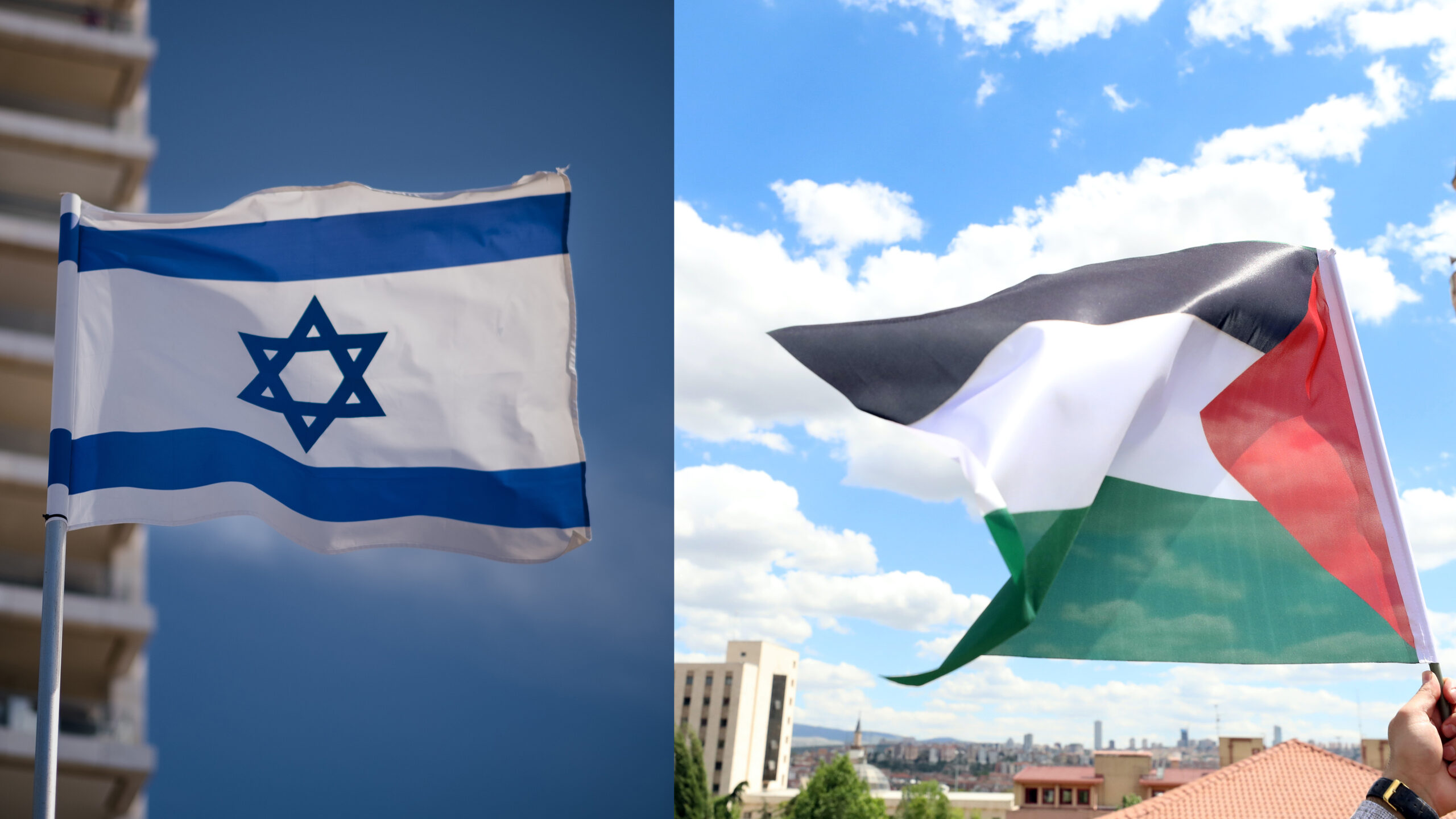Unraveling the Israel-Palestine Conflict: The Need for Compassion and Understanding
By Ali Askerov
In today’s world, openly supporting acts of terrorism is a rarity, as most of us unequivocally condemn such violence and fervently desire a world free from such horrors. When terrorism strikes close to a nation, the anger and frustration among the citizens of that country and their supporters toward irrational terrorists disrupting the peace intensify. The recent attack on Israel, for example, has not only broken many hearts but has also led to deep reflections on the end of relatively peaceful times in Palestine. A more pragmatic approach to the case would be beneficial for all sides and would cause less further damage to people and their future.
While it’s clear that religious extremism often fuels acts of terrorism, we sometimes overlook two fundamental points that are connected to having a more peaceful world. First, we tend to lament acts of terrorism while overlooking instances of state-driven terror. Second, persisting in our fight against terrorism through enormous sacrifices without addressing the root causes of the problem and devising prevention-focused policies might not yield positive results. It might be more destructive to potential peace, making the conflict more intractable.
The recent Hamas attack on Israel led to the tragic loss of over 1,000 innocent lives, followed by Israel’s retaliatory invasion of the Gaza Strip, resulting in the deaths of over 3,000 people, a significant majority of whom are civilians. More frustrating, the military campaign has not ended, and it may result in irreversible and unwanted consequences. This is a heart-wrenching situation that troubles the conscience of every rational observer. However, it’s essential to recognize this is not an isolated incident but part of a prolonged cycle of violence in the Israel-Palestine conflict, perpetuating suffering on both sides.
The Israel-Palestine conflict has persisted for over seven decades, with intermittent involvement from various Arab states, yet remains unresolved. Attempting to impose Israel’s will on Palestine through force, leading to a semblance of peace or a negative peace, hardly constitutes a solution. Many argue that this approach amounts to a form of state terror. Justifying violence against Palestinian civilians on ethical or moral grounds remains elusive. Israel has the right to self-defense and security, but killing innocent civilians during an indiscriminate retaliation against a violent group is indefensible.
The belief that this predicament can be resolved through the application of brute force and justifying the use of state violence to civilians while fighting terrorism is fundamentally flawed. Palestinians have endured decades of oppression, dispossession, and deprivation of basic needs, contributing to a deep sense of identity violation. While Israel is a relatively new state, Palestinians bear the burden of this conflict, necessitating a more compassionate approach to their suffering. Israel’s resistance to the establishment of a Palestinian state raises questions about fostering mutual trust and lasting peace.
Even in modern times, we’ve witnessed that the strongest defense and security systems can sometimes be helpless against external aggression, as seen in the recent attacks on Israel. Therefore, alongside building strong defense systems, Israel needs to reconsider its aggressive
policies towards Palestine. It is crucial to understand the Palestine problem correctly, and avoiding a simple portrayal of this conflict as an attack by barbarians on a civilized nation. A compassionate and objective examination of the complex Israel-Palestine conflict, considering historical nuances and root causes, is the first step toward a more peaceful coexistence. Only through dialogue, empathy, and a commitment to address underlying grievances can we hope to break the cycle of violence and achieve lasting peace in the region.
Ali Askerov is an associate professor and co-chair of the Department of Peace and Conflict Studies at UNC Greensboro. Askerov earned his doctorate in peace and conflict studies in 2011. He is a recipient of several prestigious fellowships offered by the US Department of State and the Open Society Foundation. He has written extensively on foreign aggression, conflict resolution, forced migration, and war and peace. Askerov is an author or co-author of several books, including “Russo-Turkish Relations: From Past to Future” (2021) and “Transformative Change: An Introduction to Peace and Conflict Studies” (2015). Askerov’s present research includes ongoing refugee issues, contending interests of Russia and Turkey in Syria, the collusion of legitimate and covert politics in the Middle East, and identity formation and change. Askerov is a research fellow for the Center for New North Carolinians.
